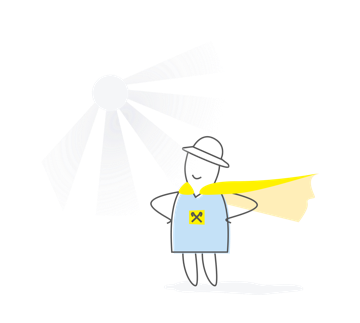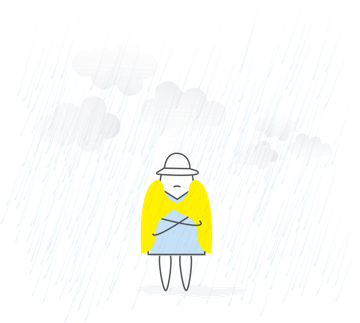Force Majeure - does not mean release from obligations
According to the Ukrainian CCI in its explanation, in accordance with international practice, the fact of the establishment of force majeure, in particular quarantine, does not automatically relieve a person from liability. For this, the interested party is obliged to prove the fact of limitation of the fulfillment of the obligation precisely because of the establishment of quarantine. For example, if an entrepreneur cannot pay the rent under the contract due to lack of money (the reason for which was the termination of trading activities in the rented premises), he will not be able to refuse payments, referring to general force majeure. But if the tenant confirms with documents that he is unable to make payment due to the presence of a technical quarantine restriction, this circumstance may be recognized as force majeure and the tenant will be released from liability for failure to fulfill his obligation.
As a general rule, confirmation of force majeure is carried out by the Chamber of Commerce and Industry (CCI) of Ukraine and regional CCIs by issuing the appropriate certificate. The application for its receipt must contain a description of the obligations that cannot be fulfilled by the due date in connection with the establishment of quarantine and / or restrictive measures. Of course, with the provision of evidence of such a circumstance, the beginning of its occurrence and duration, etc. It is necessary to attach a set of documents to the application to confirm force majeure, which should indicate, inter alia, a causal relationship between the introduction of quarantine (restrictive measures) and the inability of the applicant to fulfill his specific obligations.
It is worth noting that, given the significant number of requests for confirmation of force majeure circumstances related to established quarantine or introduced restrictive measures, the CCI of Ukraine on 23.03.2020 posted a message on its own official web portal, which notified them of the possibility of filing by applicants in this case minimum package of documents, which includes:
- a completed application in the established form;
- a copy of the contract;
- a copy of the order (s) in connection with the need to terminate activities on the basis of the relevant regulatory legal acts;
- message (notification to the other party).
All applications for obtaining certificates of force majeure are accepted to a single email address: [email protected] and, as a general rule, should be considered by the CCI within seven business days from the date of appeal of the business entity.
An equally effective mechanism for the parties to the agreement to settle the issue of postponement of the fulfillment of obligations or release from liability for non-fulfillment of contractual obligations during the period of restrictive measures or prohibitions can be an agreement between the parties, for example, to postpone the execution of contractual obligations. As practice shows, in many cases, negotiating between the parties to an agreement and reaching an agreement on changing the terms or procedure for fulfilling obligations as a result of force majeure circumstances can be a more effective tool for resolving a potentially controversial situation, and therefore you should not neglect such a simple and at the same time effective solution mechanism situation.
Along with assigning quarantine to circumstances of force majeure, the set of “anticoronavirus laws” also introduced a set of concessions, briefly recall:
• for the period of establishing quarantine or restrictive measures, employers can change the schedule of the enterprise, instruct employees to do work at home and give the employee leave with his consent (including without pay, in excess of 15 days per year established by law);
• until May 31, 2020, it is prohibited for the state supervision (control) bodies to carry out planned activities for the implementation of state supervision (control) in the field of economic activity, except for a number of exceptions;
• tax audits are prohibited from March 18 to May 31, 2020, except for documentary unscheduled inspections regarding the legality of the declaration of VAT declared for refund and / or the negative value of VAT, which is more than 100 thousand hryvnias;
• until May 31, 2020, all documentary and factual checks that were started and were not completed until March 18, 2020 were stopped;
• for violations of tax laws committed between March 1 and May 31, 2020, penalties are not applied with some exceptions;
• during the period from March 1 to April 30, 2020 land tax and rent for land plots of state and communal property are not charged and paid and are used by entrepreneurs in economic activities;
• in the period from March 1 to April 30, 2020, non-residential real estate owned by individuals or legal entities are not recognized as objects of taxation on immovable property;
• the term for the introduction of PPO by payers of the second and fourth groups of individuals (individuals) was extended by 3 months;
• a number of measures have been introduced regarding payers of ERUs, which are described in detail in the material “Time to pay taxes. All about paying ERUs this quarter”.















